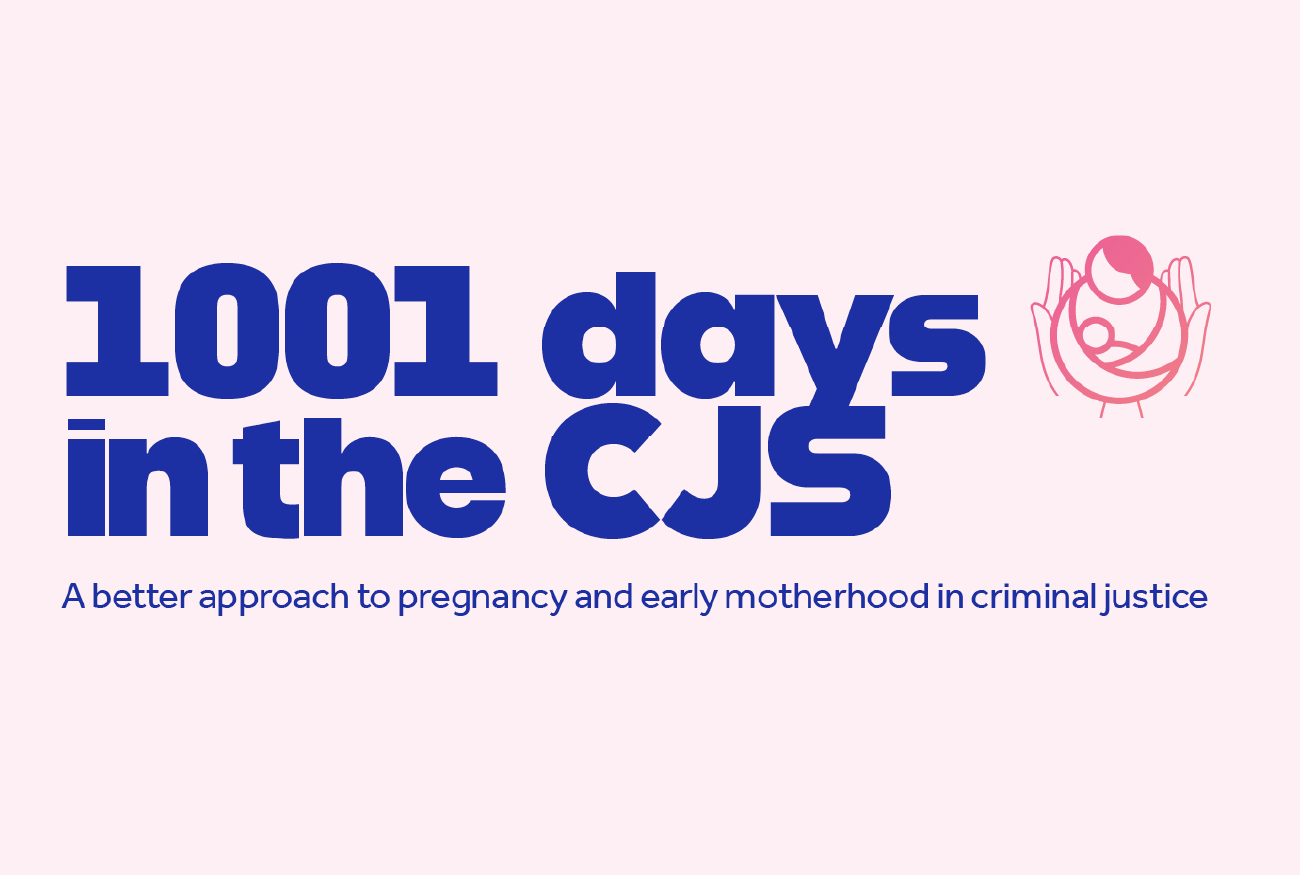
Evidence shows that what happens in the first 1001 days from conception to a child’s second birthday lays the foundations for their long-term physical and mental health and wellbeing.
Yet the criminal justice system – policing, courts, prison and probation – is ill-equipped to deal with this critical period in the lives of mothers and their babies. This is creating huge risks to women, and the life chances of their children.
For nearly 30 years, Birth Companions has led calls for an end to the imprisonment of pregnant women and mothers of young infants. We have provided emotional, practical, and advocacy support to thousands of imprisoned women and their families, while helping drive real, tangible improvements wherever possible. But we know that prisons are, and will always be, inappropriate and unsafe spaces in which to navigate the complexities of pregnancy and early motherhood. By better meeting women’s needs in the community, and changing our approach to sentencing, we can and will radically reduce the number of these women in prison. That requires focused work with the police, courts and probation services.
Our probation system is responsible for helping courts select the most appropriate sentence, and supporting those serving sentences in the community to meet the requirements placed on them, including after release from prison. Yet our own research with Clinks highlighted a lack of recognition of, and responsiveness to, pregnancy and early motherhood among probation teams. Amidst huge caseload pressures, little thought is being given to the specific risks and concerns of these women and their families, resulting in missed opportunities to provide life-changing support, and reduce escalation and reoffending. There is no probation policy specific to the needs of pregnant women and mothers of infants.
Policing and the courts have a major role to play in ensuring these women are not unduly criminalised in the first place, and that the root causes of their offending – poverty, trauma and abuse – are addressed in partnership with public and voluntary sector services. As with probation, however, there is no clear policy, and little consideration of the specific impacts of criminalisation while pregnant or caring for young children. This institutional thoughtlessness is compounded by a lack of data on the number of women who come into contact with the police, appear before the courts, or are under probation supervision in this critical period.
That’s why we’re calling for a radically different approach to the first 1001 days across the criminal justice system, through significant changes to policy and practice. The work of the Women’s Justice Board and the Independent Review of Sentencing present real opportunities for change. We have to seize them. We invite you, our partners and supporters, to join us in making the first 1001 days a priority.
The 1001 days in the CJS campaign calls for:
- An end to the imprisonment of women during the first 1001 days, in all but the most exceptional of circumstances, including through remand and recall.
- Increased use of community, deferred and suspended sentencing for women during the first 1001 days.
- Mandatory first 1001 days impact assessments to inform sentencing decisions, license conditions and community orders.
- New policy to guide police, prosecution and probation services in their work with women during the first 1001 days.
- Increased funding and support for community alternatives to custody to support women during the first 1001 days, including investment in women’s centres and specialist services.
- Improved recognition of, and responsiveness to, the needs of women who have CJS contact in the first 1001 days across wider systems and services, including health, children’s social care, and housing.
These changes would allow us to embed a trauma-informed and compassionate response to pregnancy and early motherhood throughout and beyond this system, improving outcomes for mothers and children, and breaking intergenerational cycles of harm and disadvantage.
For more information on this programme of work, or any of our proposals for change, please get in touch.

